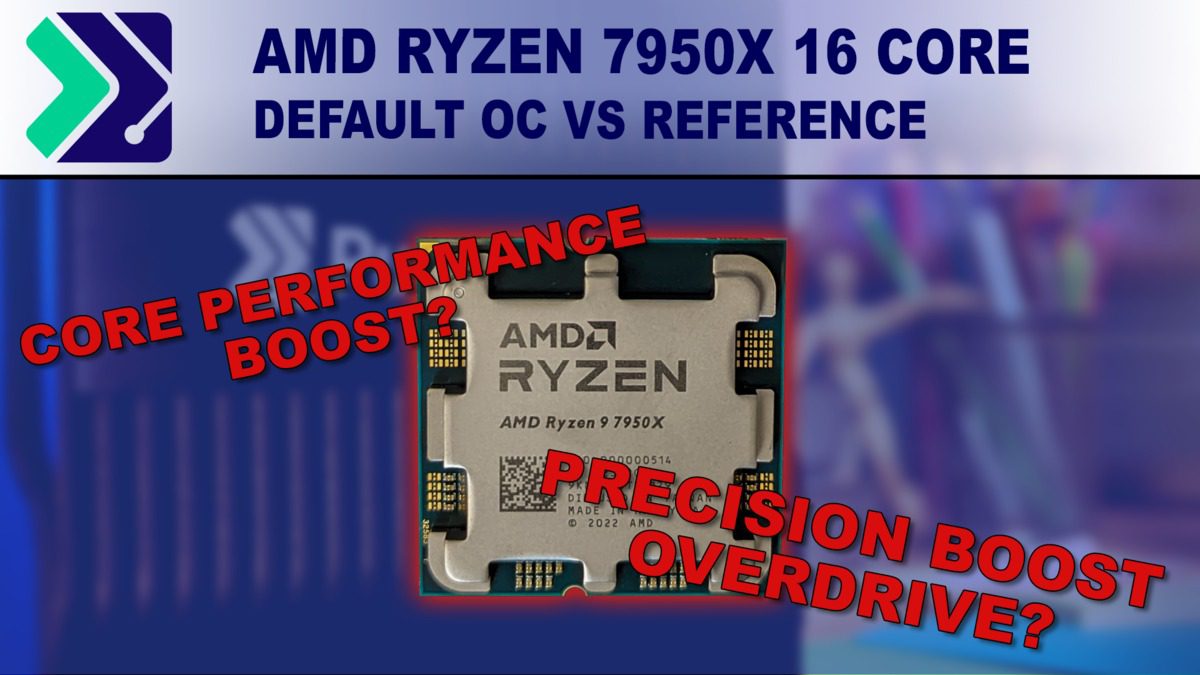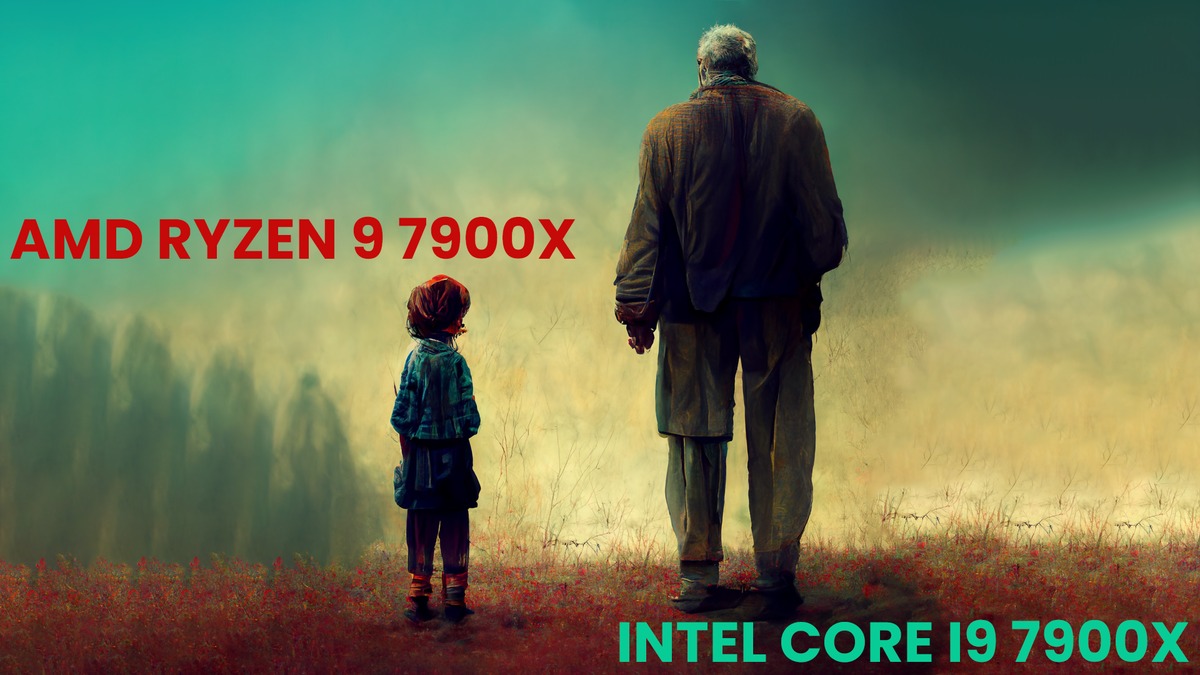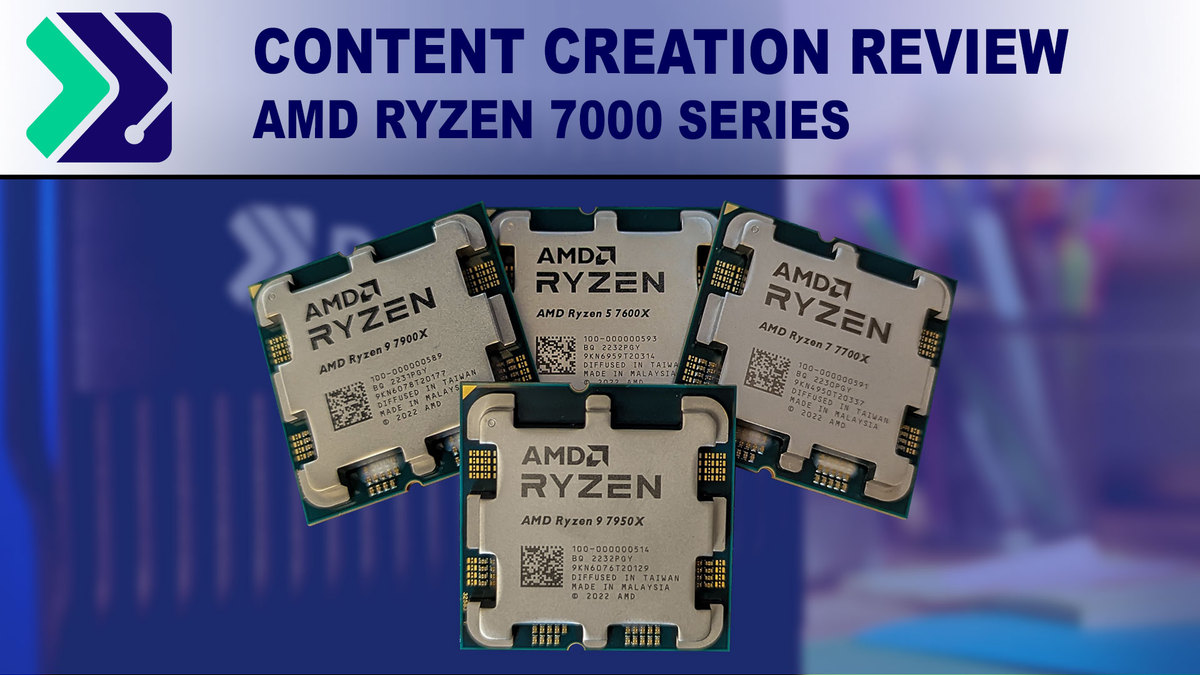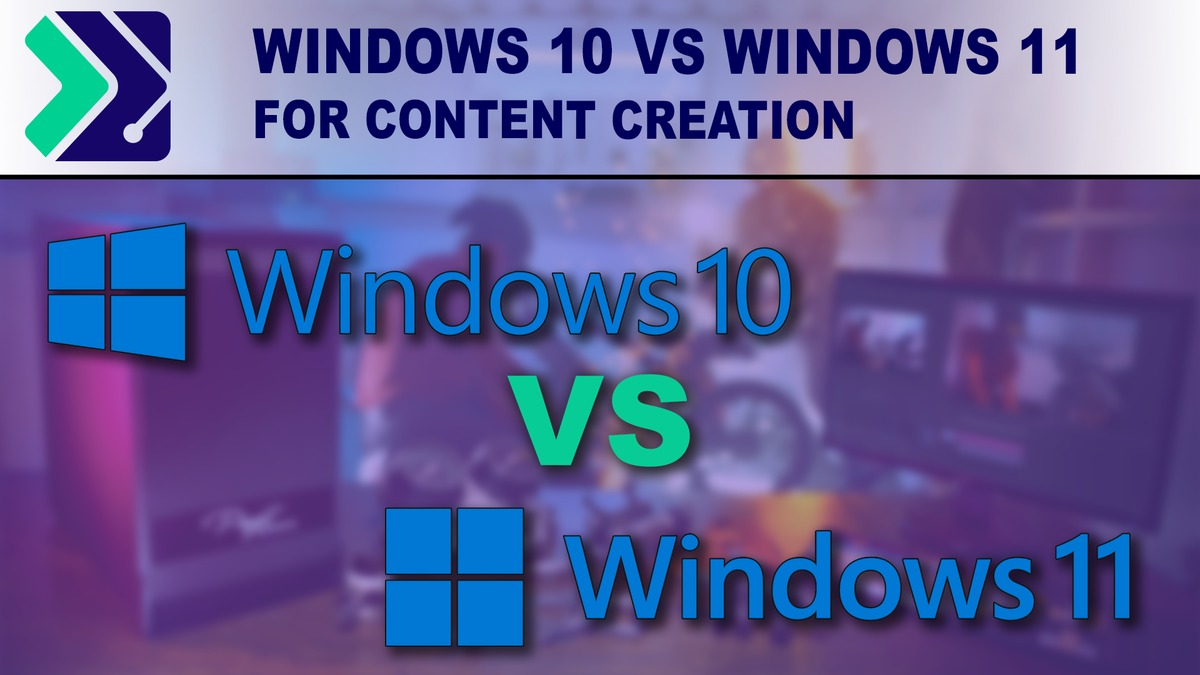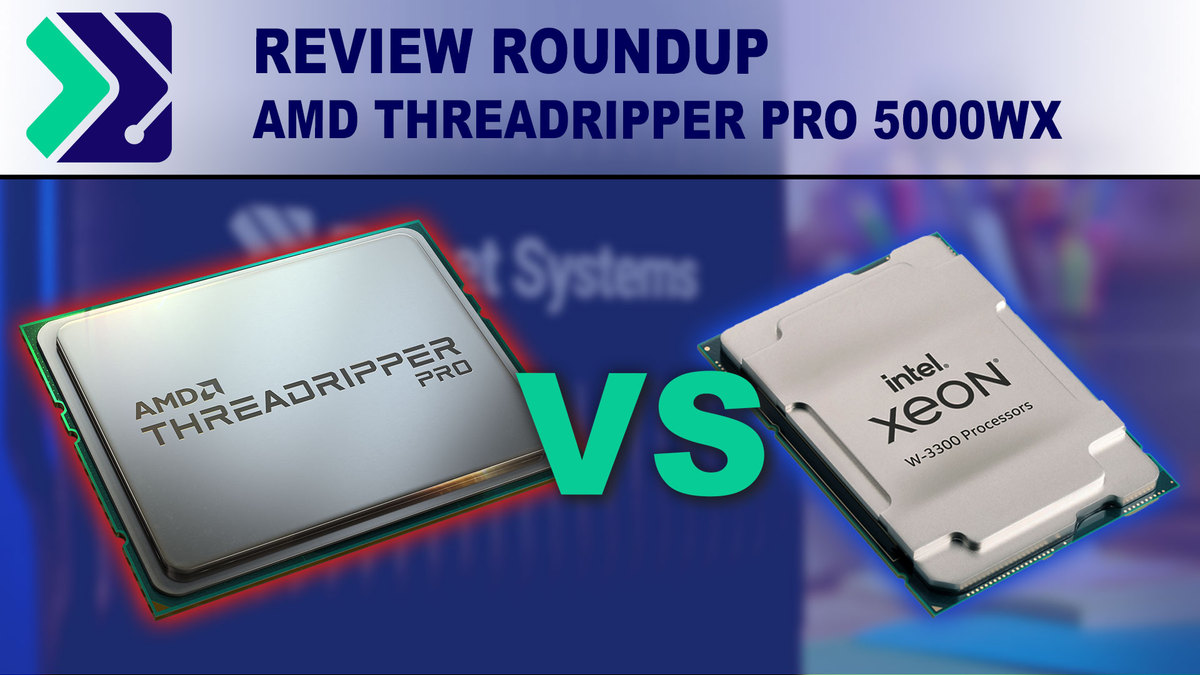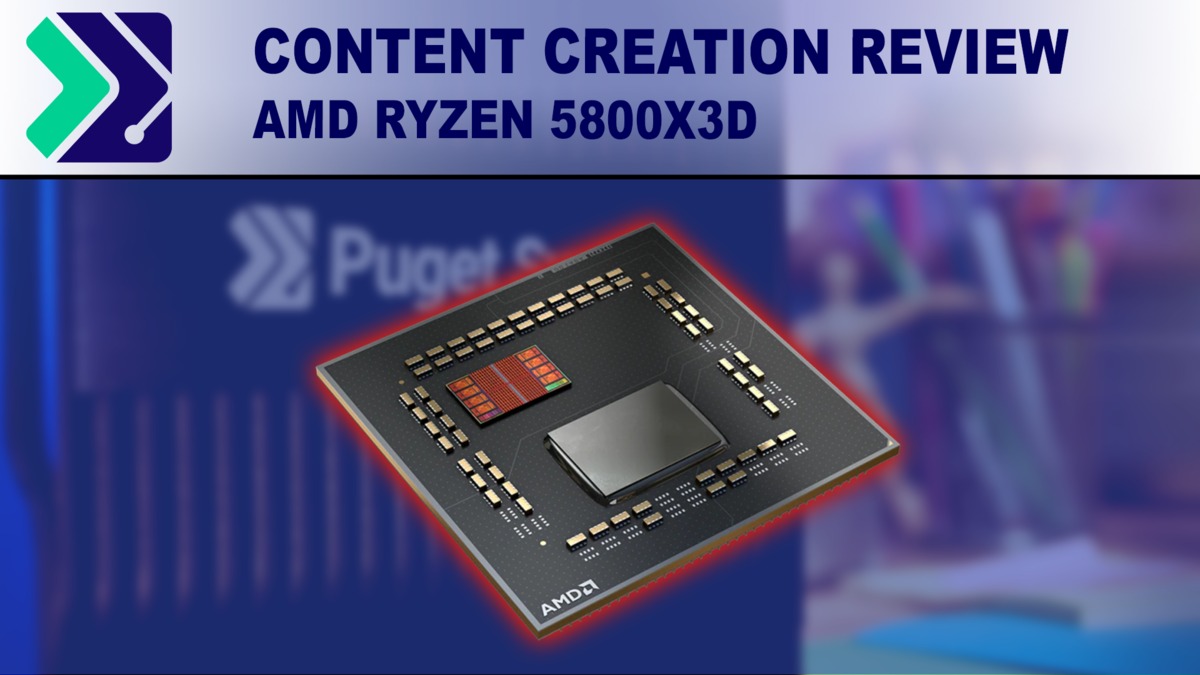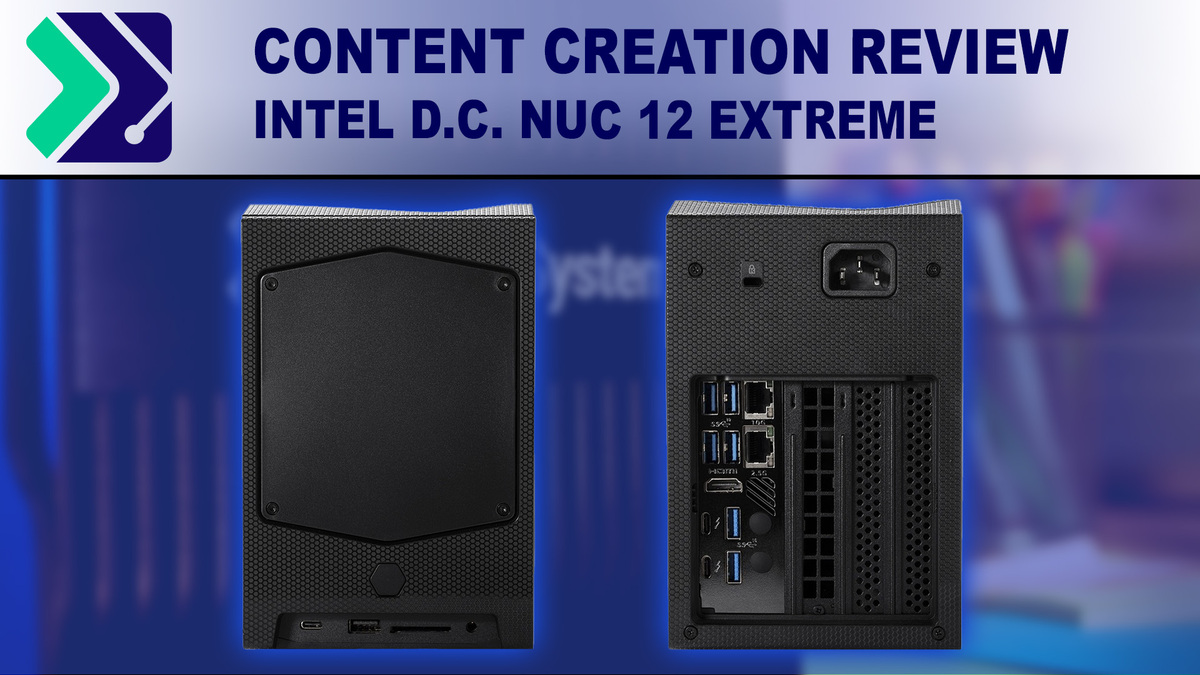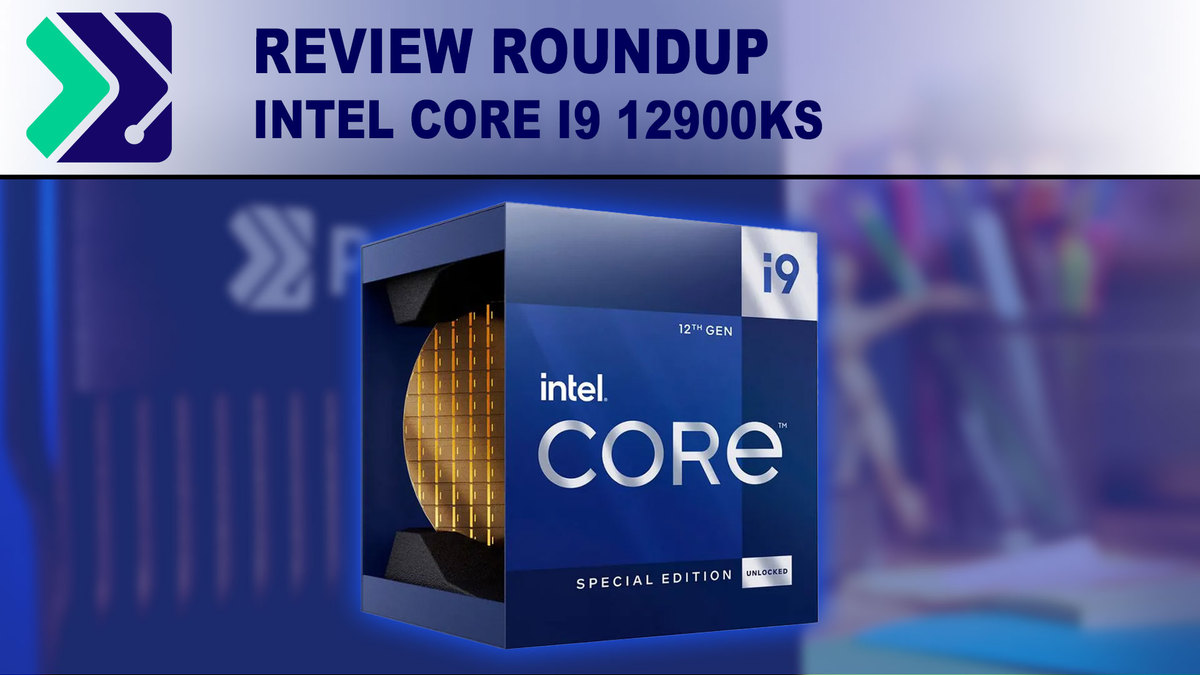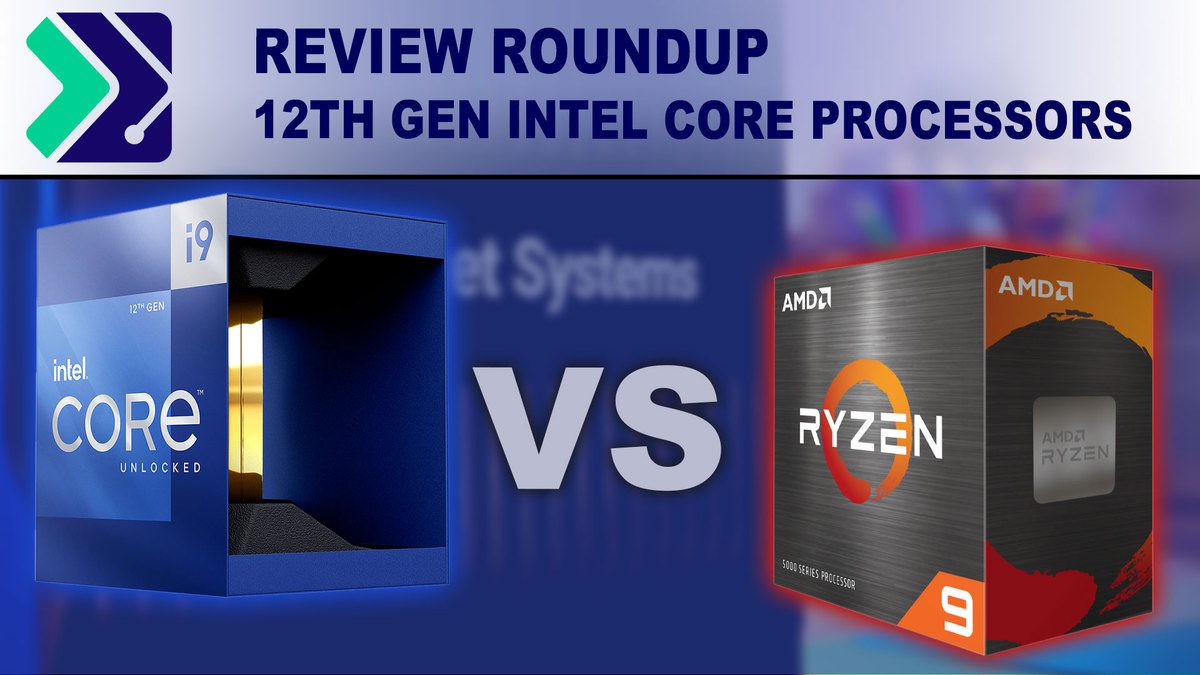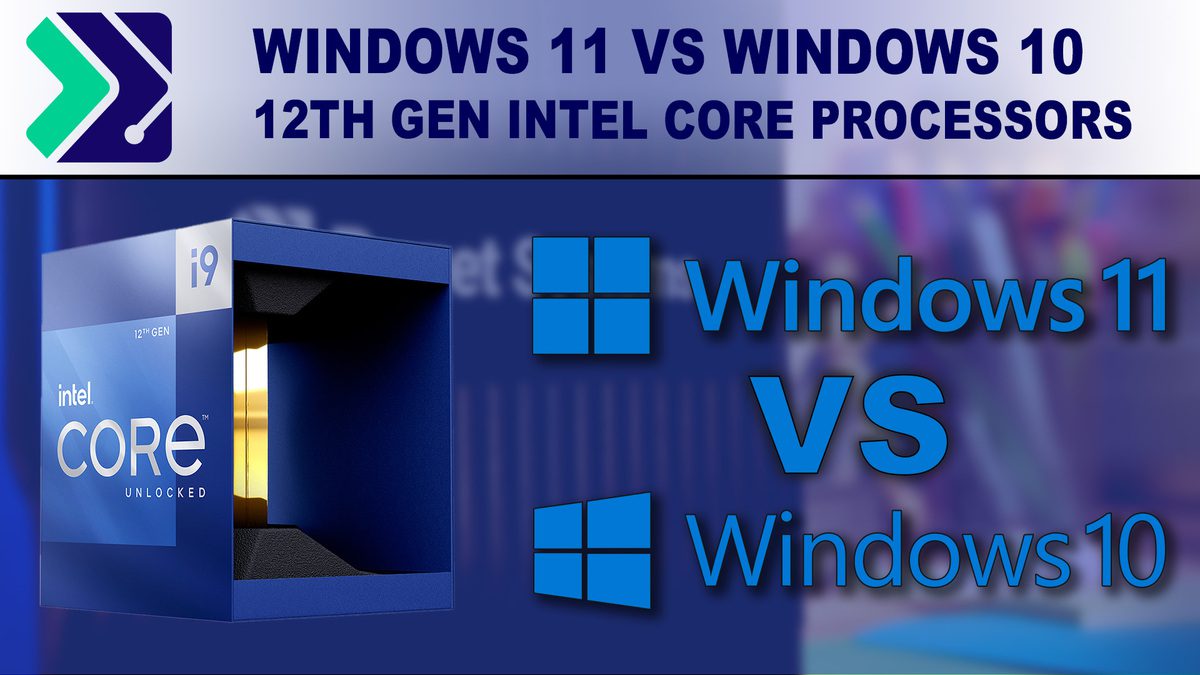The new AMD Ryzen 7000 Series of processors bring terrific performance across the board, but have been criticized in many reviews due to the fact that they often hit CPU temperatures of 95 Celcius under heavy loads. However, we have found that they only operate at these high temperatures when the motherboard BIOS is allowed to automatically overclock the processor above the official AMD specifications. Does running them at reference speeds impact performance, and how much of a difference does it make for thermals?
